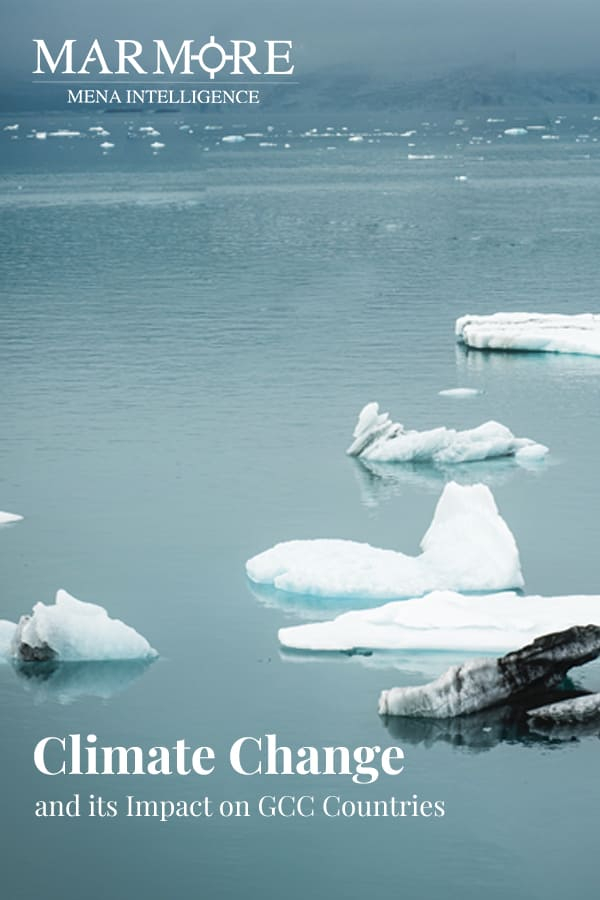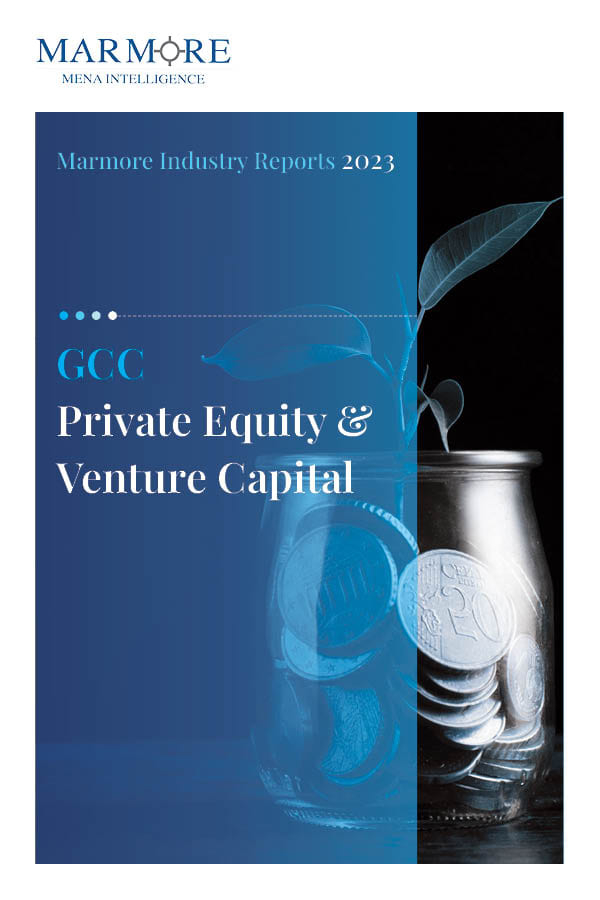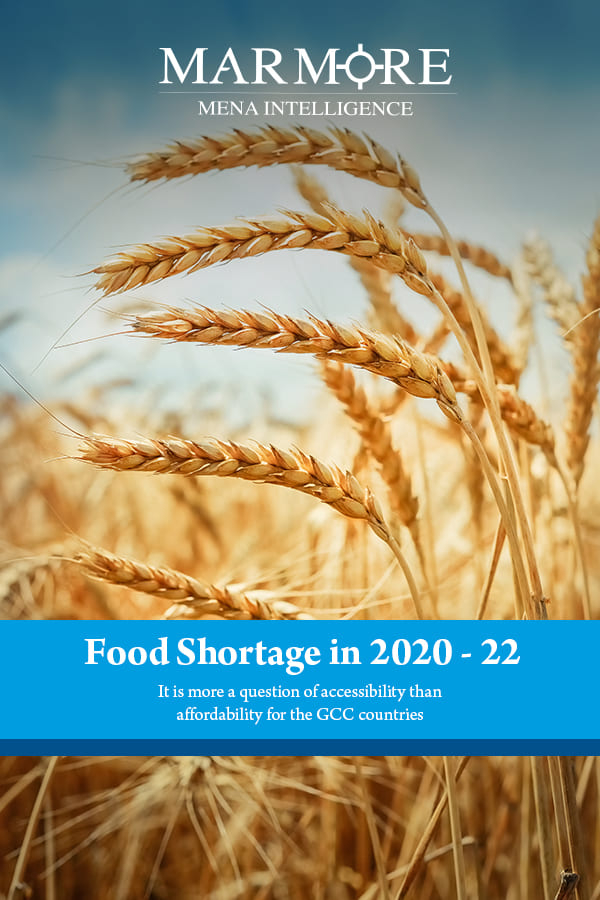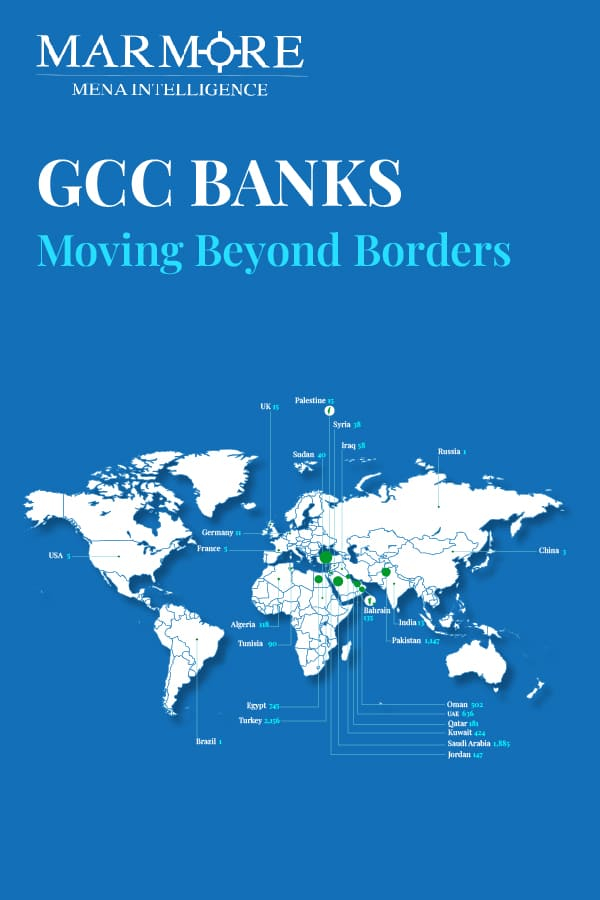Executive Summary
Perceived as a key global risk, climate change’s impact are multi-dimensional, affecting population, food and water security, economy etc. GCC and broader Middle East is particularly prone to climate change. In July 2023, heat index in the Middle East recorded 152ºC, reaching levels that are said to be the highest that human body can withstand. The outlook on impact of climate change is quite grim with the temperature in GCC is expected to increase by 1-2ºC by 2050.
With the effects of climate change becoming more evident by the day, many mitigation and adaptation measures are being widely suggested to tackle it. However, while GCC countries have initiated some climate friendly measures, there is still much to be done.
According to UNEP, the world needs USD 4-5 trillion a year to achieve climate goals of limiting the global temperature increase to 1.5ºC above pre-industrial levels as in the Paris Agreement. GCC is also likely to require a substantial sum to finance its climate initiatives. In this front, avenues such as green finance, ESG investing etc. are seeing some traction.





